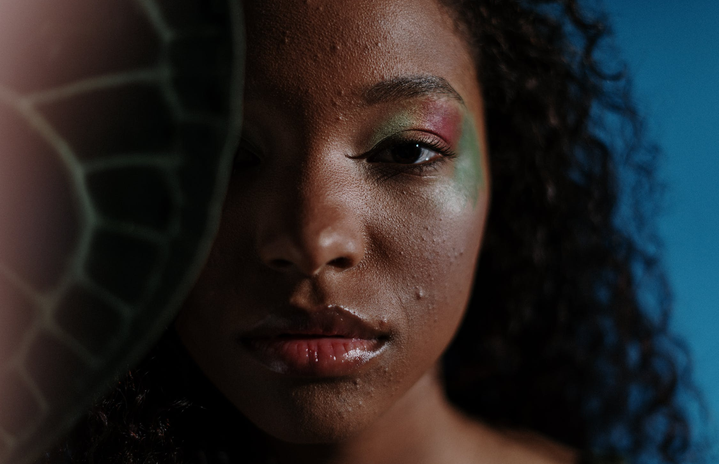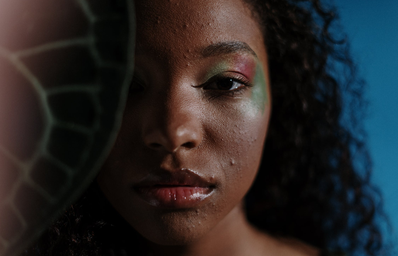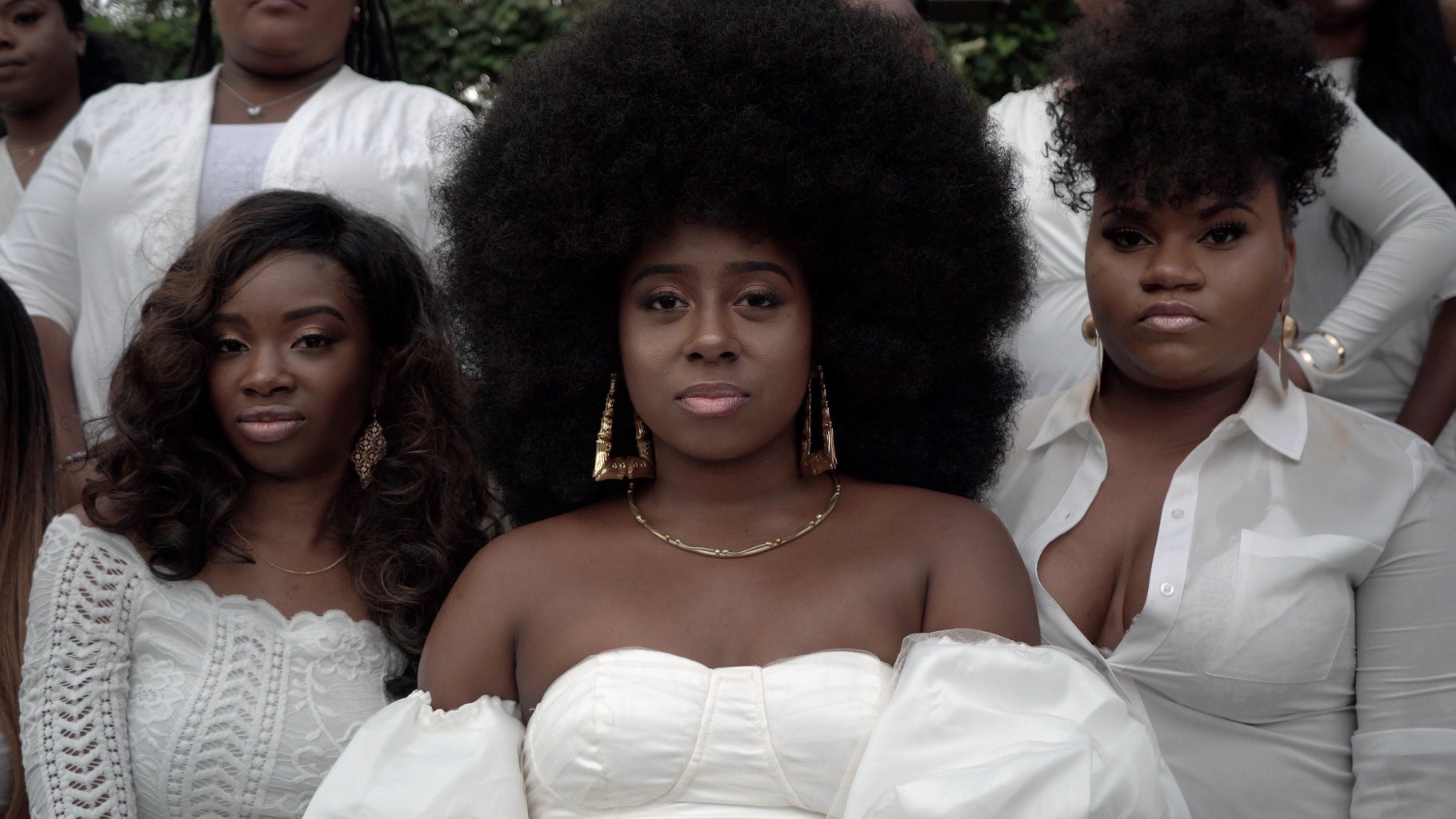The world is a diverse place; growing up I learned alot but I also learned that because of my skin color and the history of the United States that I would be treated differently. I am a Black student at the University of Colorado Boulder, which is a predominantly white institution. It can be very difficult sometimes to talk in class when it comes to difficult experiences that I have faced on or off campus. As I go into my senior year, I tell myself that these experiences and how I face challenges are different, and I think people need to hear it.
At first, I was a little uncomfortable because sometimes being the only Black student in a class or institution makes it feel like all eyes are already on you. On top of that, some difficult topics that we talk about in my class makes it even harder. When I hear other students speak through the lens of a different race, I already know that my experience will probably look different. My point of view is dissimilar to theirs because of things I was taught during childhood.
I also know that everyone has a different stance when it comes to harder topics, but I have been in some classes where we talk about something that possibly only a Black person can understand or speak about it from a different point of view. When my point of view came into play, certain students had been very dismissive of it, asserting that I was wrong. I really can’t do anything about it because I understand that they are not going to see from my point of view, and that there is no point in arguing with them.
When I talk about “walking” Black and being Black in society-at-large or just within the class, some of the topics are difficult for people to hear; there are concepts that they might not understand because they can not walk a day in my shoes. But when I talk about my experiences I really do not need other students’ sympathy. I am not talking about this experience to gain sympathy–rather empathy–and possibly a little bit of understanding.
After I am done talking about a certain topic or experience, I do not want to see sadness in other people’s eyes because it might be hard to hear; rather, I seek some kind of acknowledgement that they heard the story for what it was. Learning and gaining the confidence to tell my stories has taken years, and a lot of people in my life have poured their own knowledge into these topics for me to feel empowered to talk about them. At times I still struggle with speaking up and not letting my voice be diminished, but I’d rather be a work in progress so a day can come where my nerves are nonexistent.
I will keep talking about my experiences in the classroom because some of the things and experiences that I have gone through should not become normalized. Sometimes hearing other peoples experiences can open the eyes of others and can help improve their own self and how they are treated and seen in our society.



